
BEML to Deliver India’s First Indigenously Built High-Speed Trainsets by 2026
Contents
- 1 BEML Share Price
- 1.1 BEML to Deliver India’s First Indigenously Built High-Speed Trainsets by 2026
- 1.1.1 The Contract That Will Change India’s Rail Industry
- 1.1.2 Building the Future: The First Indian High-Speed Train
- 1.1.3 Shifting from Japanese to Indian-Made Trains
- 1.1.4 The Vision for India’s High-Speed Rail
- 1.1.5 The High-Speed Future is Near
- 1.1.6 Conclusion:
- 1.1.7 FAQs:
- 1.1.7.1 1.When will BEML deliver the high-speed trainsets?
- 1.1.7.2 2.What is the value of the BEML high-speed trainset contract?
- 1.1.7.3 3.How fast will the high-speed trains be?
- 1.1.7.4 4.Where will these high-speed trains operate?
- 1.1.7.5 5.How many cars will each trainset have?
- 1.1.7.6 6.Why is India developing its own high-speed trains?
- 1.1.7.7 7.Which company is leading the manufacturing of these trains?
- 1.1.7.8 8.Will the trains be used for export markets?
- 1.1.7.9 9.What seating capacity will the high-speed trains have?
- 1.1.7.10 10.When will trials for the trains begin?
- 1.2 BEML Share Price
- 1.3 VA Tech Wabag Secures ₹1,000 Crore Mega Order for Desalination Plant, Expands into Solar PV Sector
- 1.1 BEML to Deliver India’s First Indigenously Built High-Speed Trainsets by 2026
BEML to Deliver India’s First Indigenously Built High-Speed Trainsets by 2026
In a significant step towards India’s high-speed rail ambitions, Bengaluru-based BEML Limited has been awarded a prestigious contract to design, manufacture, and commission two high-speed trainsets. This groundbreaking project not only highlights India’s engineering capabilities but also marks the country’s entry into the world of indigenous high-speed rail technology. The two trainsets, each comprising eight cars, are scheduled for delivery by the end of 2026, bringing India closer to realizing its high-speed rail dreams.


The Contract That Will Change India’s Rail Industry
On October 15, BEML Limited confirmed the contract award from the Integral Coach Factory (ICF) in Chennai, a deal valued at Rs 866.87 crore. The contract includes design costs, one-time development expenses, and charges for specialized tooling, jigs, and testing facilities that will be essential for future high-speed rail projects in India. Each of the eight cars in these trainsets will cost approximately Rs 27.86 crore.
“This project is a significant milestone in India’s journey towards indigenously manufactured high-speed trains, with the trainsets boasting a test speed of 280 kmph,” said a release from BEML Limited.
Building the Future: The First Indian High-Speed Train
The trainsets will be built at BEML’s Bengaluru rail coach complex. These stainless steel trainsets, designed for chair-car configuration, will have a top speed of 280 kmph and an operational speed of 250 kmph. Their introduction will usher in a new era of high-speed travel on the Mumbai-Ahmedabad High-Speed Rail (MAHSR) corridor, a project being developed by the National High-Speed Rail Corporation Limited (NHSRCL).
This high-speed rail corridor spans 508 kilometers and connects two of India’s major financial hubs—Mumbai and Ahmedabad—via 12 stations. The MAHSR project is one of the most ambitious infrastructure projects in the country, with an estimated cost of Rs 1.1 lakh crore.
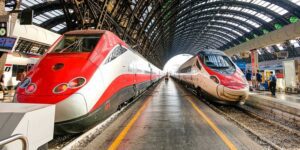

Shifting from Japanese to Indian-Made Trains
Originally, Japan’s Shinkansen E5 trains, capable of reaching speeds of 350 kmph, were planned for the Mumbai-Ahmedabad route. However, high costs quoted by Japanese manufacturers prompted the Indian government to take a different route. In a bold move, the Union Ministry of Railways decided to develop high-speed train technology domestically, with BEML taking the lead on this historic project.
The Vision for India’s High-Speed Rail
The first indigenously built trainset, designed for a top speed of 280 kmph, is expected to roll out by December 2026. Trials for the new train will be conducted on the Surat-Bilimora section of the MAHSR line. The trains will feature seven standard cars with a 3+2 seating arrangement, providing ample capacity for passengers, as well as one executive car with a 2+2 layout. Together, the train will offer seating for around 530 passengers.
As demand for high-speed travel increases, more cars may be added to the trainsets, potentially extending them to 12 or even 16 cars. The trains will be designed for standard gauge tracks, positioning India as a competitive player in the international rail market, with potential exports to regions like Southeast Asia and Africa.
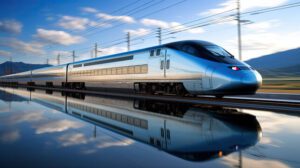

The High-Speed Future is Near
BEML’s contract win is a major step forward in India’s high-speed rail journey. With delivery scheduled by the end of 2026, these indigenous high-speed trains will soon become a reality, transforming how millions of passengers travel between Mumbai and Ahmedabad.
This development not only puts India on the global map for advanced rail technology but also ensures a boost in the country’s rail manufacturing capabilities. As the countdown to 2026 begins, the successful rollout of these high-speed trains could be a game-changer, paving the way for future high-speed rail corridors across the country.
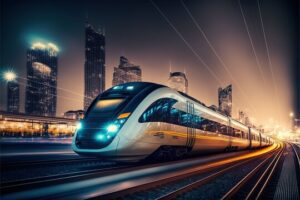

Conclusion:
BEML Limited’s contract to build India’s first indigenously designed high-speed trainsets marks a significant milestone in the country’s rail history. As India moves closer to 2026, the introduction of these high-speed trains will revolutionize travel, providing faster, more efficient transportation options and showcasing the nation’s engineering expertise. With these trains poised to roll out soon, India’s high-speed rail future is well within reach.
FAQs:
1.When will BEML deliver the high-speed trainsets?
A. BEML is scheduled to deliver the two high-speed trainsets by the end of 2026.
2.What is the value of the BEML high-speed trainset contract?
A. The total contract value is Rs 866.87 crore, which includes design, manufacturing, and one-time development costs.
3.How fast will the high-speed trains be?
A. The trainsets will have a maximum speed of 280 kmph, with an operational speed of 250 kmph.
4.Where will these high-speed trains operate?
A. The trains will operate on the Mumbai-Ahmedabad High-Speed Rail (MAHSR) corridor.
5.How many cars will each trainset have?
A. Each trainset will consist of eight cars, with seven standard cars and one executive car.
6.Why is India developing its own high-speed trains?
A. Due to high costs from Japanese firms, India decided to develop its own high-speed train technology to reduce expenses and promote domestic manufacturing.
7.Which company is leading the manufacturing of these trains?
A. Bengaluru-based BEML Limited is responsible for designing, manufacturing, and commissioning the trainsets.
8.Will the trains be used for export markets?
A. Yes, the trains are being built with an eye on export markets, including Southeast Asia and Africa.
9.What seating capacity will the high-speed trains have?
A. The trains will have a seating capacity of around 530 passengers, with a standard 3+2 arrangement and an executive 2+2 arrangement.
10.When will trials for the trains begin?
A. Trials are expected to start on the Surat-Bilimora section of the MAHSR line before full operations begin in 2026.
VA Tech Wabag Secures ₹1,000 Crore Mega Order for Desalination Plant, Expands into Solar PV Sector







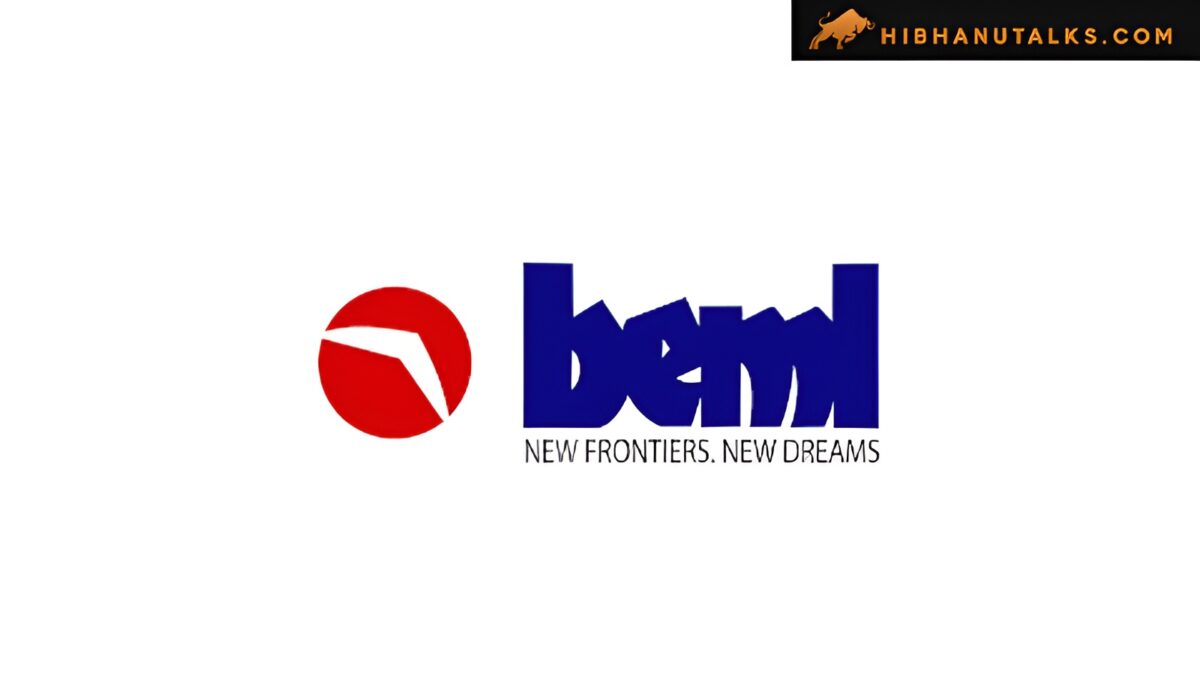




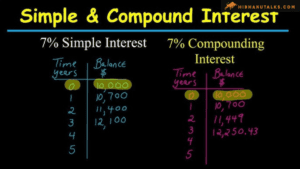

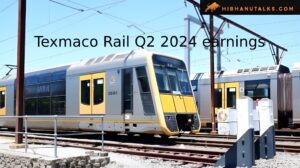

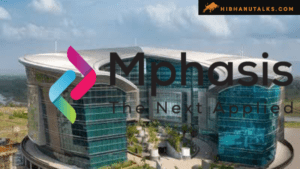




1 comment